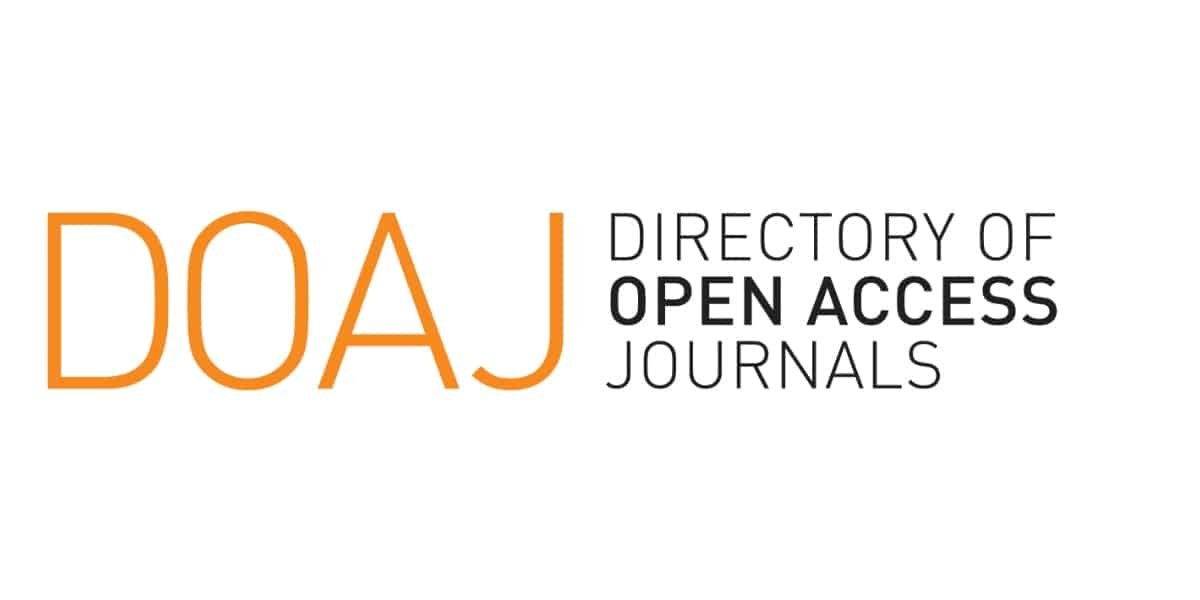Online Loans Based On Usury: A Review Of Positive Law And Islamic Law And Its Impact On The Society's
Keywords:
Online Loans, Positive Law, Islamic LawAbstract
This study examines the practice of usury-based online lending from the perspective of positive Indonesian law and Islamic law, with the aim of providing an in-depth understanding of its implications for society and finding solutions that integrate the principles of social justice and economic sustainability. From a positive legal perspective, consumer protection regulations and financial sector supervision are considered ineffective in dealing with usury-based lending practices, which often harm vulnerable economic communities. In Islamic law, usury is prohibited because it contradicts the principles of social justice and the welfare of the people, thus encouraging a transparent and sharia-compliant financial system. This study uses qualitative methods to analyze the impact of usury-based lending, which is found to worsen individual debt burdens, reduce purchasing power, increase social inequality, and create macroeconomic instability. As a solution, the study recommends improved regulation, strict supervision, cost transparency, consumer protection, and financial literacy education to reduce the risk of usury. The integration of sharia principles is expected to create an inclusive, fair, and sustainable digital financial system in accordance with positive law and the religious values of Indonesian society.
Downloads
References
Agusta, H. (2020). Perlindungan Data Pribadi Penerima Pinjaman dalam Transaksi Pindam Meminjam Uang Berbasis Teknologi Informasi (Perr To Perr Lending). Jurnal Krtha Bhayangkara, Volume 14, no. 2, 160.
Arin Setiyowati, A. Y. (2023). Peluang dan Tantangan Perbankan Syariah di Tengah Maraknya Financial Technology (Fintech) Berbasis Pinjaman Online. Jurnal Ilmiah Ekonomi Islam, Volume 9, no. 3, 4.
Creswell, J. W. (2010). Research Design: Pendekatan Kualitatif, Kuantitatif, dan Mixed. Yogyakarta: Pustaka Pelajar.
Danyathi, N. N. (2022). Perlindungan Hukum Bagi Pengguna Situs Pinjaman Dana Online dari Tindakan Penyalahgunaan Data Pribadi. Jurnal Kertha Semaya Volume 11, no. 1, 75.
Fakhri Yulenrivo, B. A. (2023). Perlindungan Hukum Terhadap Konsumen Pengguna Pinjama Online Berbasis Financial Technology oleh Otoritas Jasa Keuangan. Jurnal UNES Law Review Volume 6, no. 1 September, 1315.
Hartiningrum, S. W. (2022). Dampak Aplikasi Pinjaman Online Terhadap Kebutuhan dan Gaya Hidup Konsumtif Buruh Pabrik. Mizania: Jurnal Ekonomi dan Akuntansi Volume 2, no. 2, 230.
Hidayah. (2022). Membongkar Sisi Gelap Fintech Peer To- Peer Lending (Pinjaman Online) pada Mahasiswa di Yogyakarta. Jurnal of Humanity Studies Volume 1, no. 1, 1.
Ni Luh Putu Puspita Dewi, A. A. (2021). Intensi Minat Kaum Milenial dalam Mengadposi Layanan Pinjaman Online (Perr To Perr Lending). Jurnal Akuntansi dan Pajak, Volume 22, no 2, 854.
Nurrohman, F. H. (2024). Implementasi Teori Riba dalam Peraturan Perundang-Undangan di Indonesia. Jurnal Ilmiah Ekonomi Islam Volume 10, no. 3, 5.
Sondak, S. H. (2019). Faktor-Faktor Loyalitas Pegawai di Dinas Pendidikan Daerah Provinsi Sulawesi Utara. Jurnal EMBA: Jurnal Riset Ekonomi, Manajemen, Bisnis dan Akuntansi, Volume 7, no. 1, 671-680.
Tafsir Surat Al-Baqarah 275, T. S.-B. (n.d.). Retrieved from Tafsir Surat Al-Baqarah Ayat 275 https://tafsirweb.com/1041-surat-al-baqarah-ayat-275.html
Turisno, R. A. (2019). Praktik Finansial Teknologi Ilegal dalam Bentuk Pinjaman Online Ditinjau dari Etika Bisnis. Jurnal Pembangunan Hukum Indonesia Volume 1, no. 3, 379.
Wina Nurdini Kodaruddin, N. C. (2019). Pengaruh Perilaku pada Interaksi Sosial Lanjut Usia di Panti Pelayanan Sosial Lanjut Usia Bojongbata Pemalang. Jurnal JISPO Volume 9, no. 1 Edisi Januari-Juni, 125.
Downloads
Published
Issue
Section
License
Copyright (c) 2025 Linda Novianti, Sarah Rahmadika, Yanti Yulianti (Author)

This work is licensed under a Creative Commons Attribution-ShareAlike 4.0 International License.



















